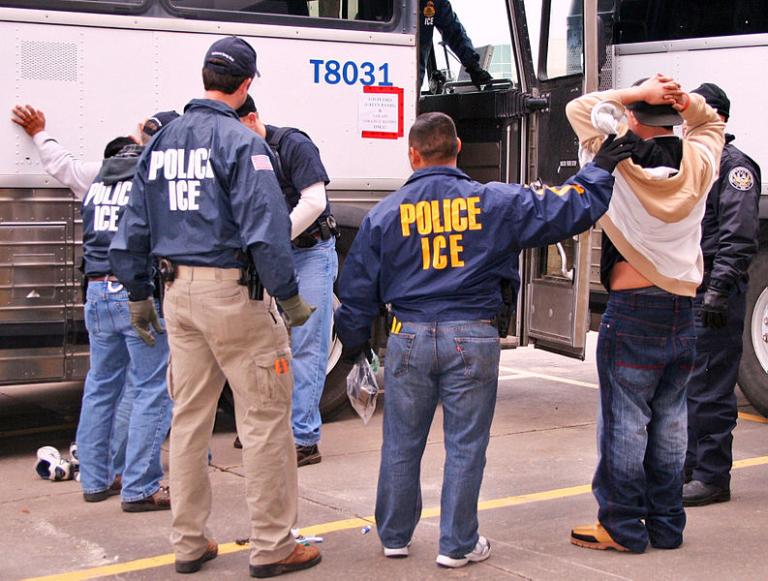
If Donald Trump was trying to make corruption charges stick on Biden (the media’s refusal to report on the story means they won’t) in last night’s debate, Biden was trying every bit as much to drill home the point that 545 children who were separated from their parents at the border, have not been reunited. What’s more, according to an ACLU court filing, as reported by ABC News, the group working to match up children and families was unable to find the parents of those 545 children who are presently “living with sponsors” in the United States.
Now, this is a subgroup of the 5,500 families who were initially separated; ABC reports that “a court-appointed ‘steering committee’ has tried to locate the families of 1,030 children,” but doesn’t explain the present circumstances of the remaining 4,470 children (or families – the numbers are unclear on the counts when families arrived with more than one child). Have these already been reunited, and the 1,030 were the remaining cases? One presumes that’s so or the others would be mentioned.
In any event, of that 1,030, 485 parents were already found in their home countries. ABC News reports that
“The simple fact is this: after contact has been made with the parents to reunite them with their children, many parents have refused,” [Department of Homeland Security spokesperson Chase] Jennings said in a statement provided to ABC News. “In the current litigation, for example, out of the parents of 485 children whom Plaintiffs’ counsel has been able to contact, they have yet to identify a single family that wants their child reunited with them in their country of origin. The result is that the children remain in the U.S. while the parents remain in their home country.”
Which already suggests that the cases of the remaining 545 are less worrisome. How likely is it that in the first subgroup, no one would be willing to reunify, but in the second group, parents are longing to have their children returned to them in their home countries? What’s more, the report specifies that the children are “living with sponsors,” rather than with foster-families or in group homes; that suggests that these are not strangers but relatives who qualified to be caregivers by means of having the legal status that the parents did not. In fact, I would not be surprised if some of these parents were deliberately avoiding contact in the belief that this would increase their child’s likelihood of being able to stay in the United States, and if they were actually in contact with the family-member sponsors.
That’s not to say that this will be true of every such family, and a Washington Post article provides more details that indicate that to at least some degree it’s not that the parents are unfindable, but that this is still a work-in-progress, as human rights activists are engaged in the work of travelling to remote villages, and that this work is stymied by the pandemic’s restrictions — though at the same time, the Post article notes that parents are not necessarily co-operative, though that’s blamed on “suspicion and trauma” even though you’d think they’d be eager for someone to bring news of a separated child.
Now, I know it sounds like I’m belittling the problem. But what strikes me is this: secure in our homes in the United States, I think we are too ready to perceive circumstances of people outside our cultural norms and expectations, as if they corresponded to our own. How could a parent possibly be willing to be separated from their child? Surely this can only be the result of a grave injustice perpetrated by the system! But it seems to me equally likely that the pragmatic reality of life in poverty, the hope to improve one’s lot (or that of one’s children), the prevalence of substantial periods of separation due to migrant work, and the expectation that a relative can be a proper caregiver all factor in.
Image: yeah, I know, no kids in cages. https://commons.wikimedia.org/wiki/File%3A100203houston_lg.jpg; By U.S. Immigration and Customs Enforcement (ICE), www.ice.gov. Please credit by saying “Photo Courtesy of ICE”. [Public domain], via Wikimedia Commons









